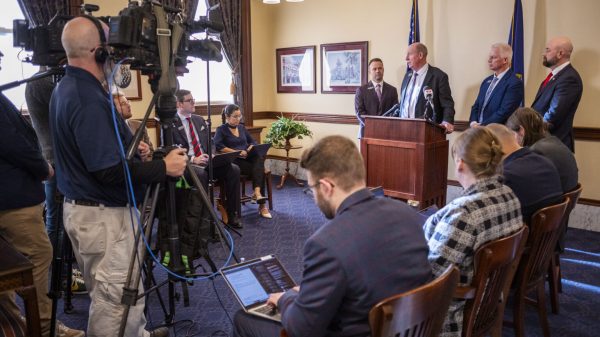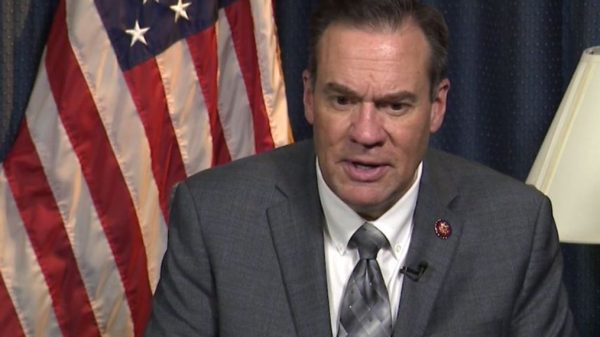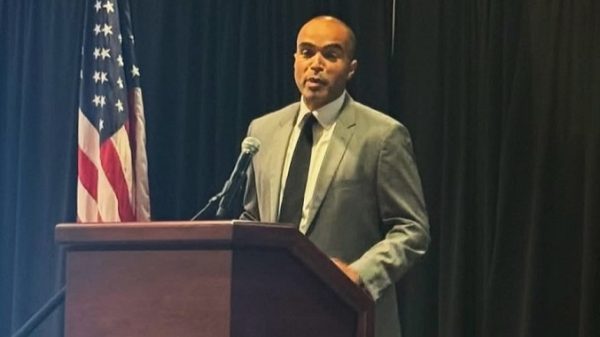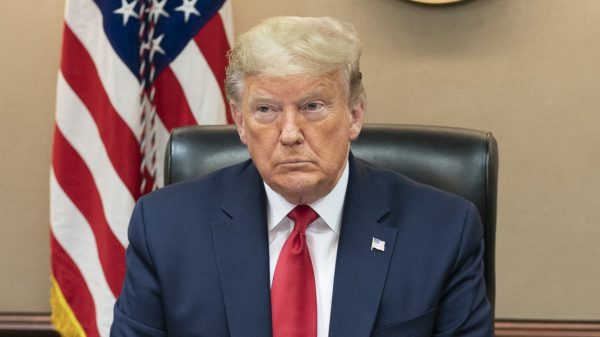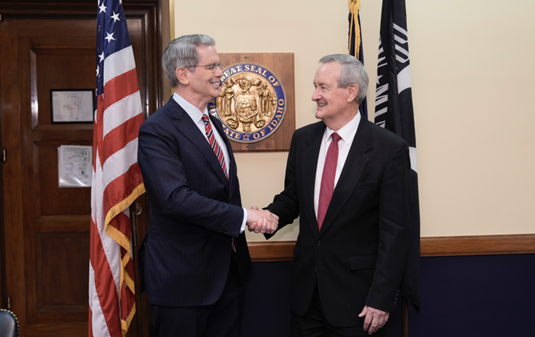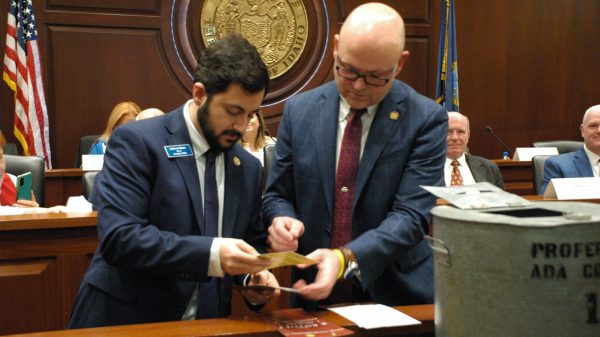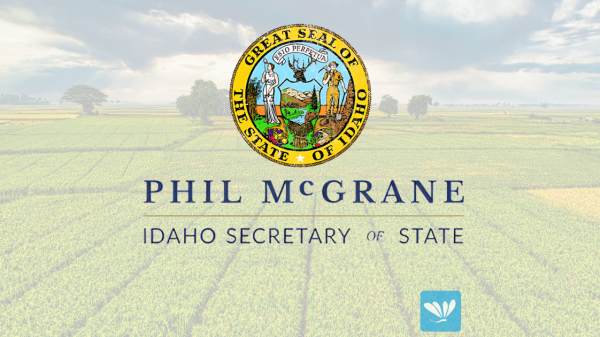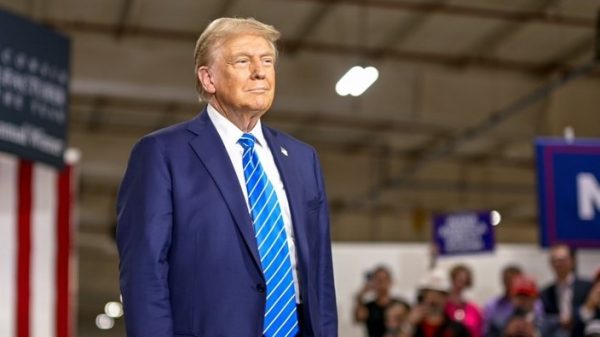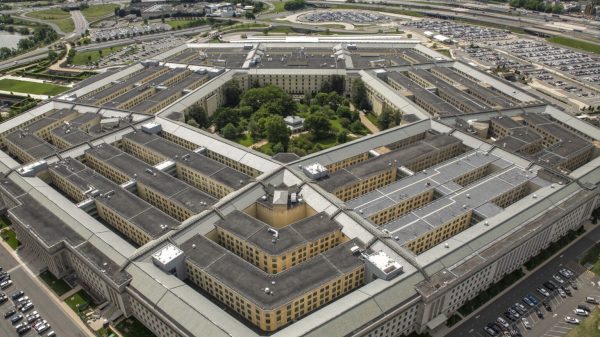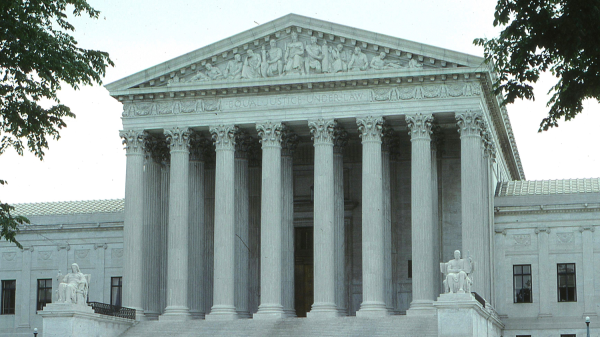(Washington D.C.) President Donald Trump plans to follow through on promises to put tariffs on imports from Mexico, Canada and China.
White House Press Secretary Karoline Leavitt confirmed Friday that those tariffs are set to go into effect Saturday. Trump previously said those tariffs will continue until illegal immigration and fentanyl smuggling stop.
Trump will levy a 25% tariff on Mexico and Canada, two of America’s largest trade partners. He will also put a 10% tariff on imports from China over that country’s role in supplying the chemicals used to make fentanyl, a powerful opioid blamed for more than 75% of U.S. overdose deaths.
She also said a Reuters report that the tariffs would be delayed until March 1 was incorrect.
“I saw that report, and it is false,” Leavitt said.
Asked if she could confirm that Americans wouldn’t face higher prices at the gas pump or grocery store as a result of the new trade policies, Leavitt pointed to Trump’s first term.
“He effectively implemented tariffs, and the average inflation rate during the first Trump administration was 1.9%,” she said. “President Trump is going to do everything he possibly can to cut the inflation crisis … and will continue to effectively use tariffs.”
Trump initially said the tariffs would be put in place on Jan. 20, but didn’t immediately follow through on that. Rather, he waited until Feb. 1.
Trump promised during his inaugural address that tariffs “are going to make us rich as hell.”
Trump also said tariffs would help lower the tax burden on Americans.
“Instead of taxing our citizens to enrich other countries, we will tariff and tax foreign countries to enrich our citizens,” the president said.
Trump’s tariffs could generate $450 billion in revenue a year, according to adviser and investor John Paulson. That estimate is in line with estimates from other groups. Just how much such tariffs would ultimately bring in depends on multiple factors, including how other nations respond to U.S. tariffs.
That makes it “highly uncertain,” according to credit-rating agency Moody’s.
“While such measures could raise several trillion dollars in revenue over the next decade, they could also lead to revenue losses from potential retaliatory actions from other countries and other economic losses,” Moody’s noted in a recent report. “Therefore, the net effect on future revenues and fiscal deficits from such measures is highly uncertain.”
Trump previously said he couldn’t guarantee that his tariff plans will not raise prices for U.S. consumers.
Tariffs could increase prices for U.S. consumers and slow economic growth. S&P Global, a credit-rating agency, reported that Trump’s proposed tariffs could boost inflation by 1.8% and lower U.S. economic output by 1%, according to a post-election report.














